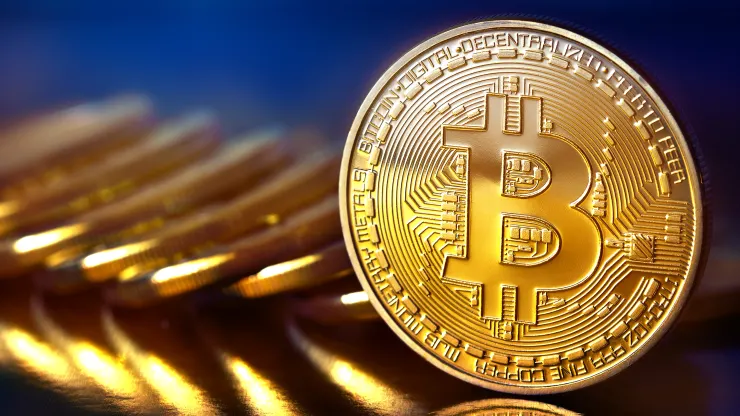
Cryptocurrency prices rebounded Thursday after sliding to new October lows following the release of a key U.S. inflation reading that came in hotter than expected.
The price of bitcoin was last higher by 1.3% at $19,388.89 and ether lost 0.7% to trade at $1,289.20, according to Coin Metrics. Earlier in the day they fell as low as $18,201.00 and $1,192.80, respectively.
Bitcoin dropped below $19,000 early on Thursday as investors anxiously awaited the latest read on the consumer price index. It fell more sharply after the report came in, showing a slightly larger-than-expected increase in inflation, despite the aggressive rate hikes the Federal Reserve has brought into play to combat rising prices.
Cryptocurrencies have been trading mostly sideways since the end of August, with bitcoin hovering within $19,000. That’s been a key level to watch for analysts, who say a break below it could lead to new lows below those hit in June, when bitcoin fell below $17,800 and ether fell under $900.
“Crypto markets are still overwhelmingly driven by macro. Bitcoin continues to trade within a tight range since June,” said Michael Rinko, venture associate at AscendEx. “However, today’s CPI print may threaten to break this range to the downside.”
By noon crypto recovered with the stock market. Still, Steve McClurg, chief investment officer at Valkyrie investments, said the market’s initial reaction was to be expected with high inflation suggesting to investors that the Fed will continue with its planned rate hikes.
“Given what we know about Powell’s stated goal right now, and the fact that we are in what appears to be a deep recession, it makes sense that we’d be down today,” he said. “We firmly believe that markets still have not yet reached a bottom, and that there’s still likely another 10% to 15% leg down for digital assets, and even more for equities,” he added.
Elsewhere in the market, bond yields moved higher following the inflation report, which put initially put pressure on crypto equities. Rising rates make future profits, like those promised by growth companies, less attractive.





























